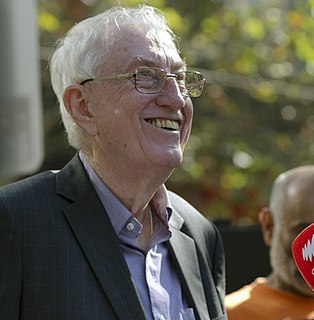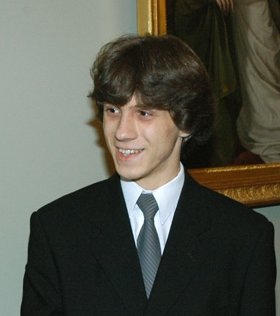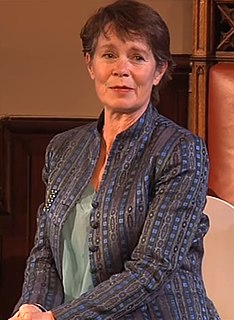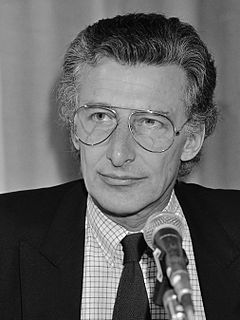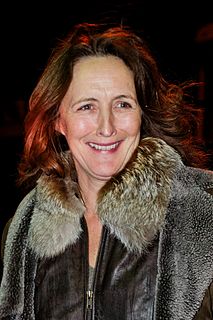A Quote by Dave Brubeck
My mother Elizabeth Ivey Brubeck was a pianist who studied with Dame Myra Hess and Tobias Matthey. As a child in California I used to listen to her play Chopin.
Related Quotes
If I look back, my mother was always out. I can remember the perfume and her scarlet chiffon dress and crystal beads, going to a party. She used to play her violin at restaurants later on in life and at old people's homes. She loved the races, which she used to take me to as a child: our carpets were bought with her winnings. Loved her chickens.
A child, thought Carl, is not the only result of childbirth. A mother, too, is born. You see them every day--nondescript women with a bulge just above the groin, slightly double-chinned. Perpetually forty. Someone's mother, you think. There is a child somewhere who has made this woman into a mother, and for the sake of the child she has altered her appearance to better play the part.
Tereza's mother never stopped reminding her that being a mother meant sacrificing everything. Her words had the ring of truth, backed as they were by the experience of a woman who had lost everything because of her child. Tereza would listen and believe that being a mother was the highest value in life and that being a mother was a great sacrifice. If a mother was Sacrifice personified, then a daughter was Guilt, with no possibility of redress.
My family was musical on both sides. My father’s family had a famous flautist and a classical pianist. My mother won a contest to be Shirley Temple’s double — she was the diva of the family. At 8, I learned how to play guitar. I used to play songs from the ‘20s, ‘30s and ‘40s in the kitchen for my grandmother.
My family was musical on both sides. My father's family had a famous flautist and a classical pianist. My mother won a contest to be Shirley Temple's double - she was the diva of the family. At 8, I learned how to play guitar. I used to play songs from the '20s, '30s and '40s in the kitchen for my grandmother.
In a world full of war, famine, oppression, deceit, monotony, what—apart from the eternal innocence of animals—offers an image of hope? A mother with a newborn child in her arms? The child may end up as a murderer or a murder victim, so that the hopeful image is a prefiguration of a pietà: a mother with her newly dead child on her lap.
What do--" Tobias's voice. Tobias! "Oh my God. Oh--" "Spare me your blubbering, okay? Peter says. "She's not dead; she's just paralyzed. It'll only last for about a minute. Now get ready to run." I don't understand. How does Peter know? "Let me carry her," Tobias says. "No. You're a better shot than I am. Take my gun. I'll carry her.
As Anna Freud remarked, the toddler who wanders off into some other aisle, feels lost, and screams anxiously for his mother neversays "I got lost," but accusingly says "You lost me!" It is a rare mother who agrees that she lost him! she expects her child to stay with her; in her experience it is the child who has lost track of the mother, while in the child's experience it is the mother who has lost track of him. Each view is entirely correct from the perspective of the individual who holds it .
Every act of motherhood contains a dual intent, as the mother holds the child close and prepares it to move way from her, as she supports the child and stands it firmly on its own feet, and as she guards it against danger and sends it out across the yard, down by the stream, and across the traffic-crowded highway. Unless a mother can do both - gather her child close and turn her child out toward the world - she will fail in her purpose.
Elizabeth’s hands flew to her mouth; tears filled her eyes with happiness as she realized he was fulfilling yet another of her and her mother’s intended activities. “Why are you fulfilling all of my mother’s dreams?” she asked, studying his face and searching for answers. “So you don’t run away like she did in search of them,” he replied, taking her hand. “Come on, join in!” he said, leaping around.

